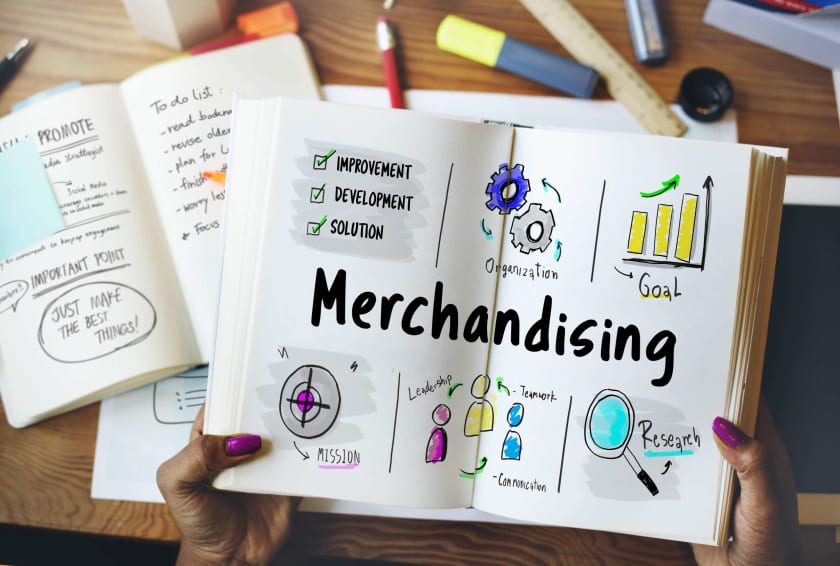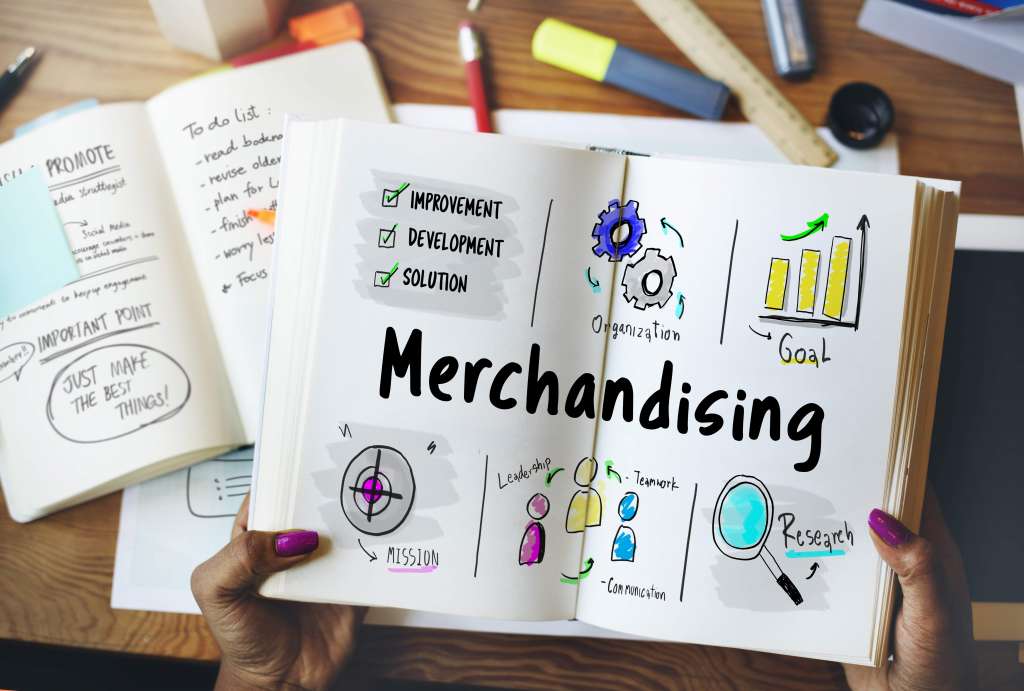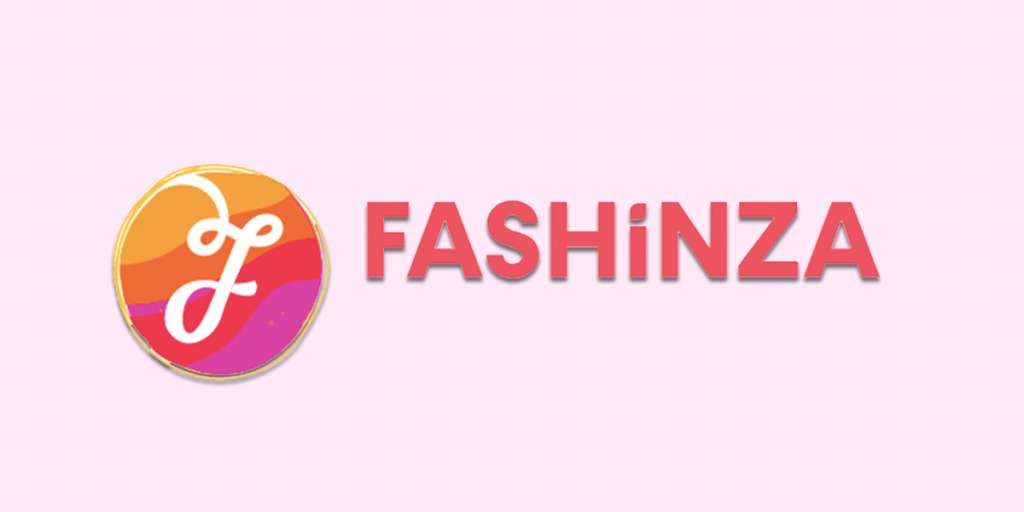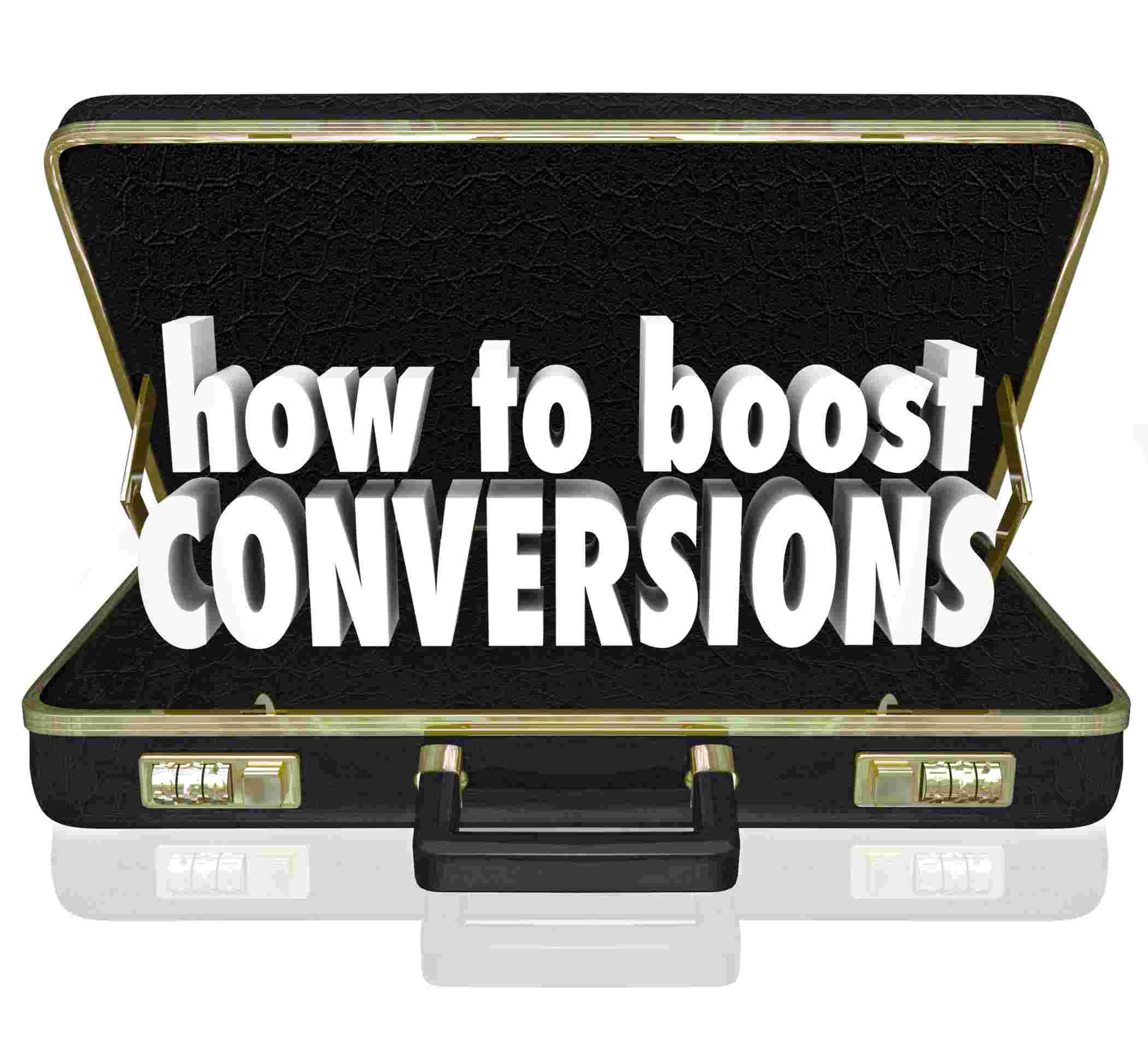3 Retail Merchandising Tips You Should Never Ignore



How businesses have benefited from retail merchandising
The success of the retailer's company will always be the priority, and there are several ways to achieve that. One of them is ensuring that the customers are always happy and satisfied. People like to interact with the products before purchasing and still favor in-store encounters. Retail merchandising can make or break a store.
While deciding how to stock your retail store to draw customers and increase sales, it's essential to consider visual merchandising strategies.
But what does retail merchandising mean?
Retailers may be engaging in retail merchandising activities even without realizing it.
Understanding Retail Merchandising
Retail merchandising, also known as visual merchandising, displays goods in a way that attracts customers' attention and helps increase sales. It is impossible to exaggerate the value of product presentation. You will learn how to maximize each product if you can succeed at it. By displaying them appropriately, you will also develop into an expert at showcasing the benefits and features of products.
Simple steps are involved in the process. The likelihood of more customers visiting and shopping at your store will significantly rise if appropriately merchandised. All clients will enjoy their shopping experiences, and you might even have a lot of repeat business. However, if done incorrectly, this could waste time and money.
Although there may be several considerations for a retailer, they will vary depending on the type of business. But today, let's talk about the three retail merchandising tips you should never overlook.
Below are some expert-backed retail merchandising tips. The tips on how to display products on shelves, the layout of the store, and how to engage the customers' senses to provide a positive shopping experience.
3 Retail Merchandising Tips
1. Let your product categories narrate a story
For effective merchandising, the company must have the right products for each type of customer. It makes sense because the variety of the product lineup affects whether sales and overall net profit rise or fall. With a broader range, the likelihood of selling the goods increases.
What does it mean to group the products into different categories, then? For instance, if Retailer A is in the fashion industry, they may easily divide their products into smaller subcategories like tops, bottoms, winter, summer, men, women, kids, and a variety of other categories. But does it imply they should just put the products under those categories or spend extra time explaining what those categories signify to their target audience?
The basic idea is that there should be a story that their customers can relate to, regardless of how many categories they plan to create. Let's use the fashion business as an example to break down its products into subcategories. Now, an enormous audience of people from various age groups, geographic regions, financial brackets, and other groups would need to be catered to by the fashion retailer.

If the merchant maintained its products disorganizedly in the store or showroom, customers would not know how or where to search for the appropriate product. On the other side, if the retailer creates different areas and divides them into sub-parts by product, discount, or even weather, the customer will find the appropriate item and have a happy and satisfying shopping experience.
One thing to remember about the fashion world is that there aren't many outfits designed just for one kind of weather. Make sure to replace something different or incorporate the same with discounts or out-of-season products if the business decides to display them as a merchant during one season. Never leave a shelf empty in the store, as this disrespects the vendor.
2. Define the merchandising strategy to be employed
The idea of merchandise is very appealing, and the shops can gain a lot from the variety of playable strategies it offers. Retailers can utilize vertical or horizontal marketing, color blocks, crosses, or other designs. Each plan will help the business to accomplish a particular objective.
Vertical merchandise gives each brand an equal chance of success by arranging all the products in a vertical line. With the help of this form of merchandising approach, customers may select, evaluate, and pick the most refined product for themselves.
Products are displayed horizontally and sold there using horizontal merchandising. The only drawback of keeping other brands on the lower shelves, it elevates the market leader to a highly desired position. In this situation, people frequently choose the first option that grabs their attention without taking the time to look around.

On the other side, cross-merchandising happens when a store tries to pair a product that sells slowly with a product that sells quickly. For instance, a fashion retailer might decide to keep the t-shirts and coats together during the off-season to encourage people to buy the two items together.
The color-blocking technique is used when you group objects of the same color. If the fashion store example is used again, a retailer might keep all the blacks in one place and group the whites. The customer will have an easy time shopping as a result of all these modifications. If customers desire a specific color, they will know where to go. Whatever marketing strategy the retailer chooses, it is crucial to ensure it will be ultimately successful.
3. Make use of informative signs
There is no denying this is effective in retail establishments selling food, groceries, clothes, fashion, and jewelry. Anything you can think of can work like magic there. Imagine entering a grocery store without any idea where any particular item is placed. A person would spend more time looking for an item than really completing the billing, so for sure, they wouldn't want to go back.
According to retail merchandising strategy experts, informational signs improve customers' shopping experience. Additionally, since they only need to put the signage where they want the merchandise to be displayed once it is ready, this might be a one-time expenditure.
Conclusion
Retailers should experiment with exhibiting their items better and more effectively in addition to these three suggestions for the most acceptable retail merchandising strategy. But these three items should always be a retailer's complete focus and never be disregarded. After all, if done correctly, an excellent retail merchandising strategy may significantly impact your store's general health. You'll be surprised to know how happy their customers are with their products and how willing they are to buy with them again. Over time, it will lead to a more extensive consumer base, increasing overall revenue.
Fashinza is your go-to partner in manufacturing, design, and delivery. We have easy sample request procedures, real-time production tracking, and data-driven quality control. Use our AI assistance to match with the best of the vetted suppliers. You can also chat in real time with suppliers directly. Visit our website and talk to experts.




















